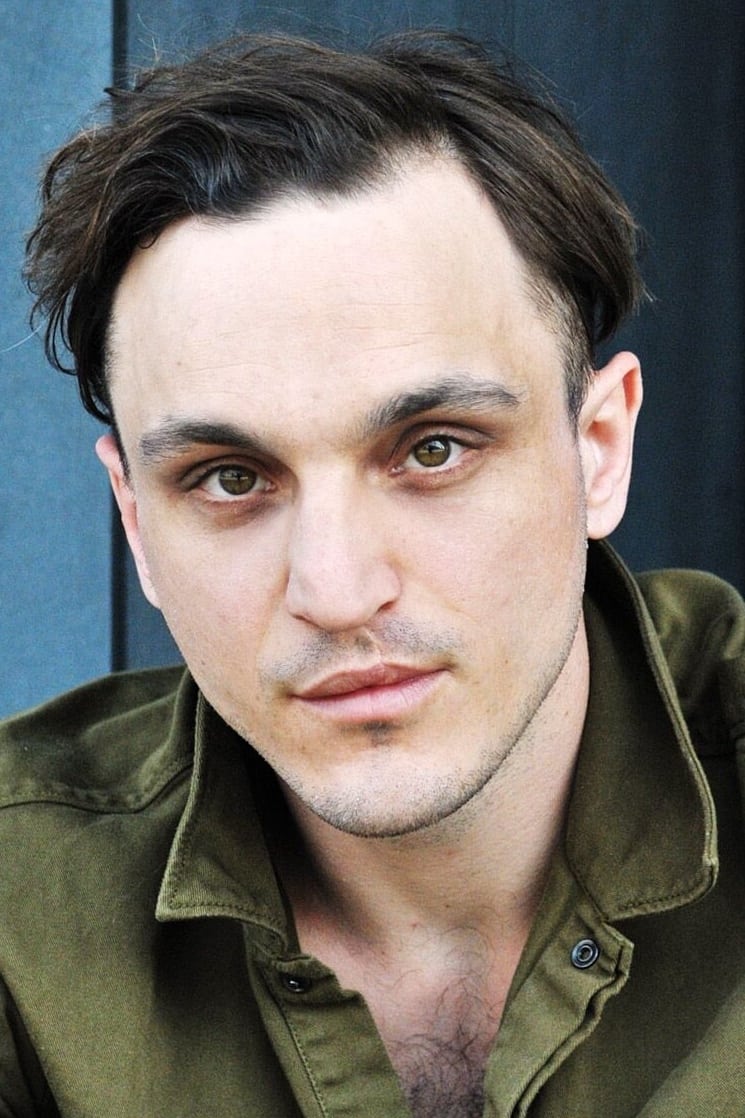
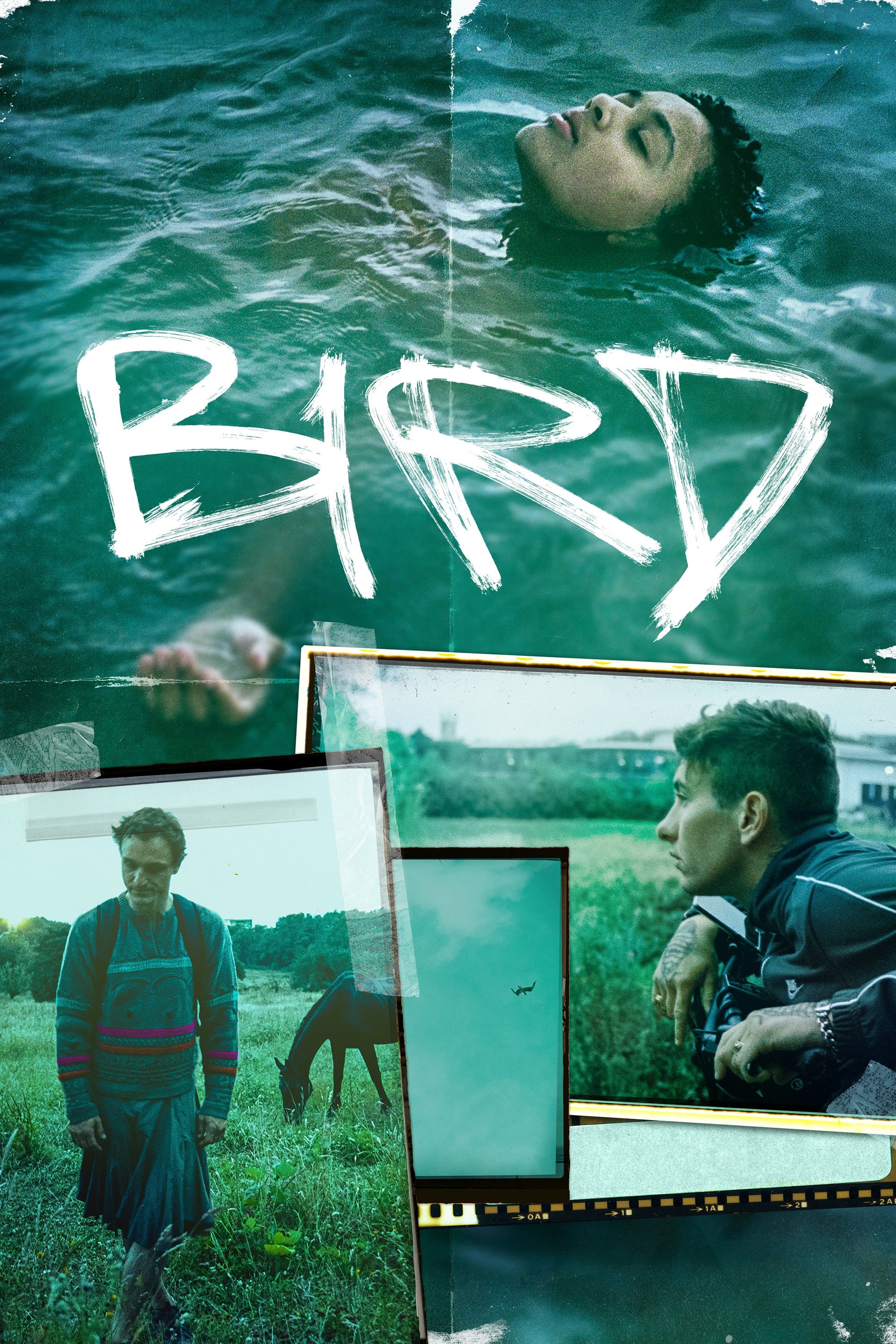
12-year-old Bailey lives with her single dad Bug and brother Hunter in a squat in North Kent. Bug doesn’t have much time for his kids, and Bailey, who is approaching puberty, seeks attention and adventure elsewhere.
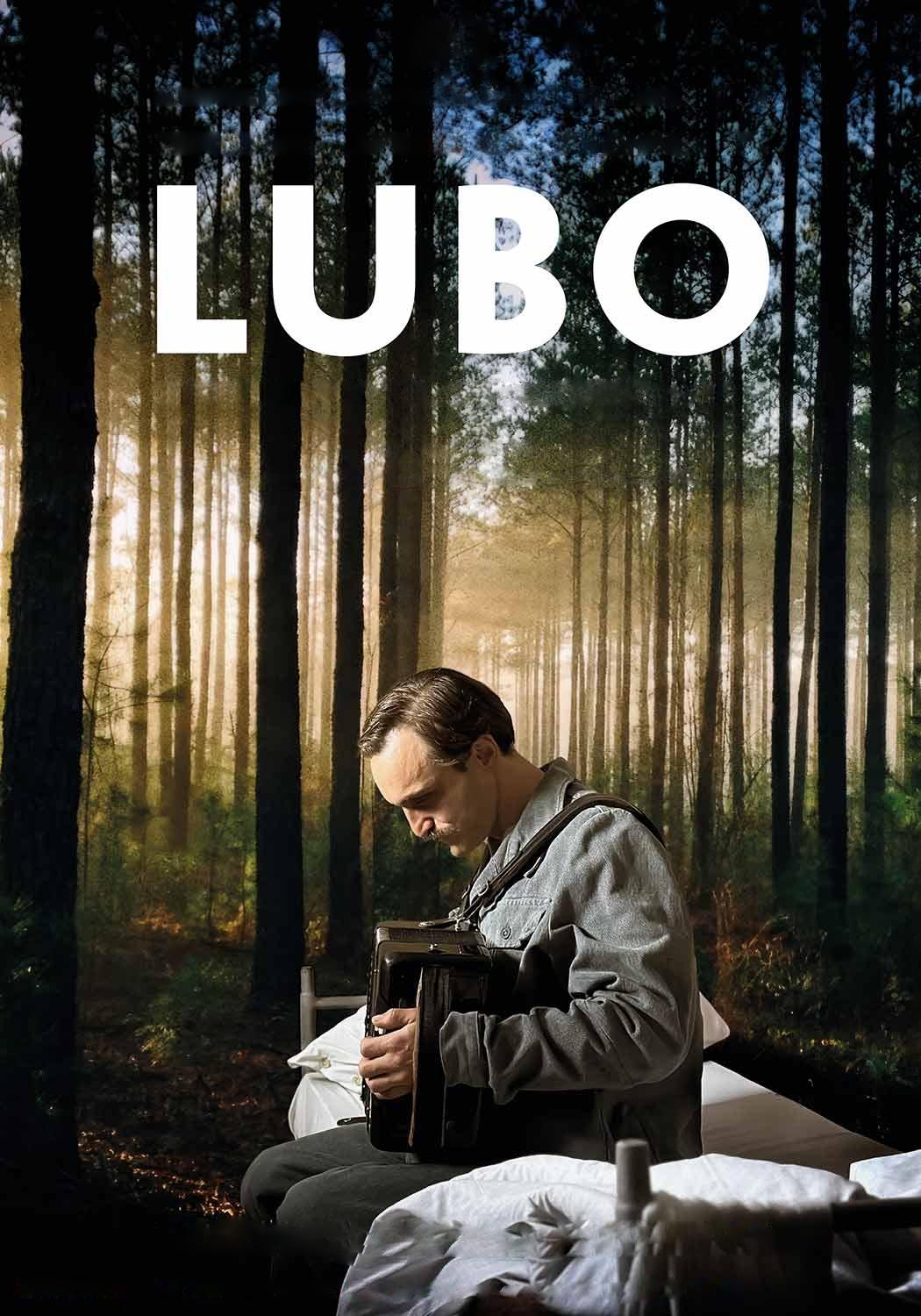
Lubo Moser is a jenisch, a gypsy. Mirana, who tried to oppose him, was killed. But how could this have happened? Why? Because Switzerland considers nomadism a social scourge, and, to eradicate it, it takes the children of the jenisch. Thus, without children, the Jenisch will be without a future. The mastermind is a state-run humanitarian institution, Pro Juventute, the arm the Street Children's Work: everything is perfectly legal and there is no opposition to the law. Lubo feels himself dying. And something about him really does die, on that night of wind and snow: it will be a new Lubo, tough and impenetrable, who will set up a project with unexpected implications to avenge his family and his people... and it will lead us to rethink the sense of justice, in the blurred boundaries between good and evil.
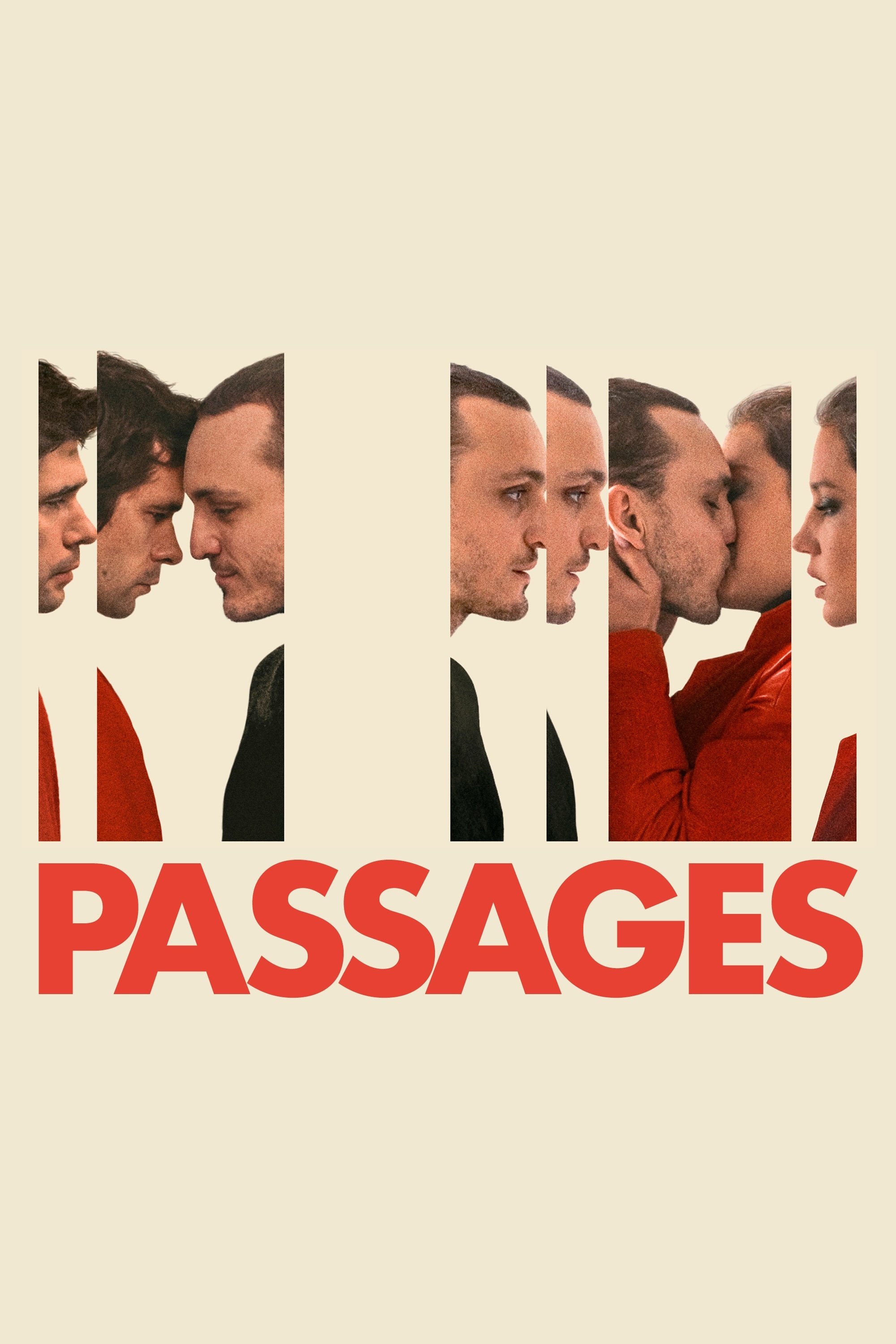
Tomas and Martin are a gay couple living in Paris whose marriage is thrown into crisis when Tomas impulsively begins a passionate affair with young schoolteacher Agathe. But when Martin begins an affair of his own, Tomas must confront life decisions he may be unprepared—or unwilling—to deal with.
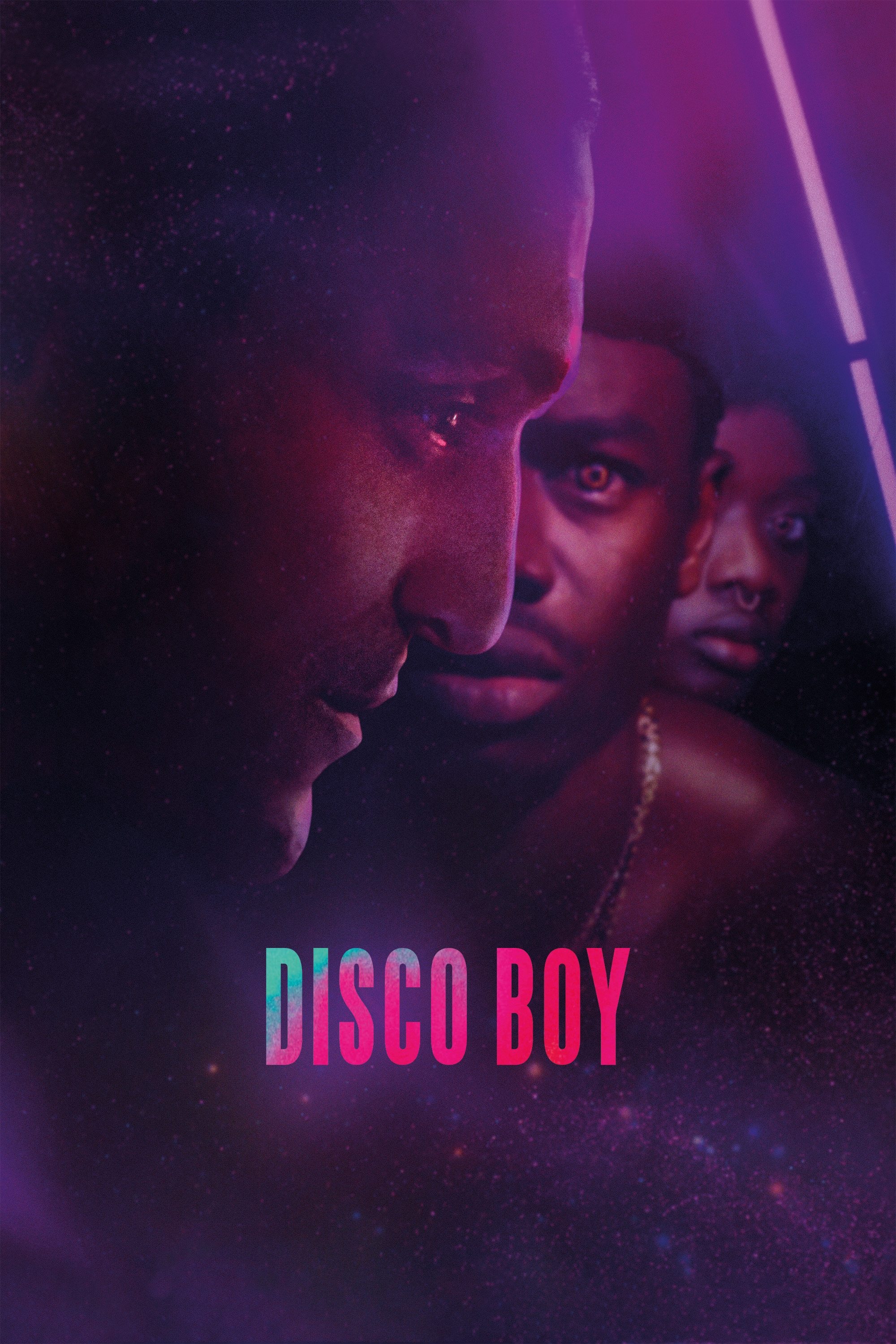
After a painful journey through Europe, Aleksei, a Belarusian, joins the Foreign Legion in France and clings to a confused hope of a European identity. Jomo, a Nigerian, fights for the survival and durability of his people in the Niger Delta and is ready to die to defend his ideas. These two young people who are sacrificed and smashed together will, against all odds, meet and their destinies will merge to continue across borders, bodies, life and death...
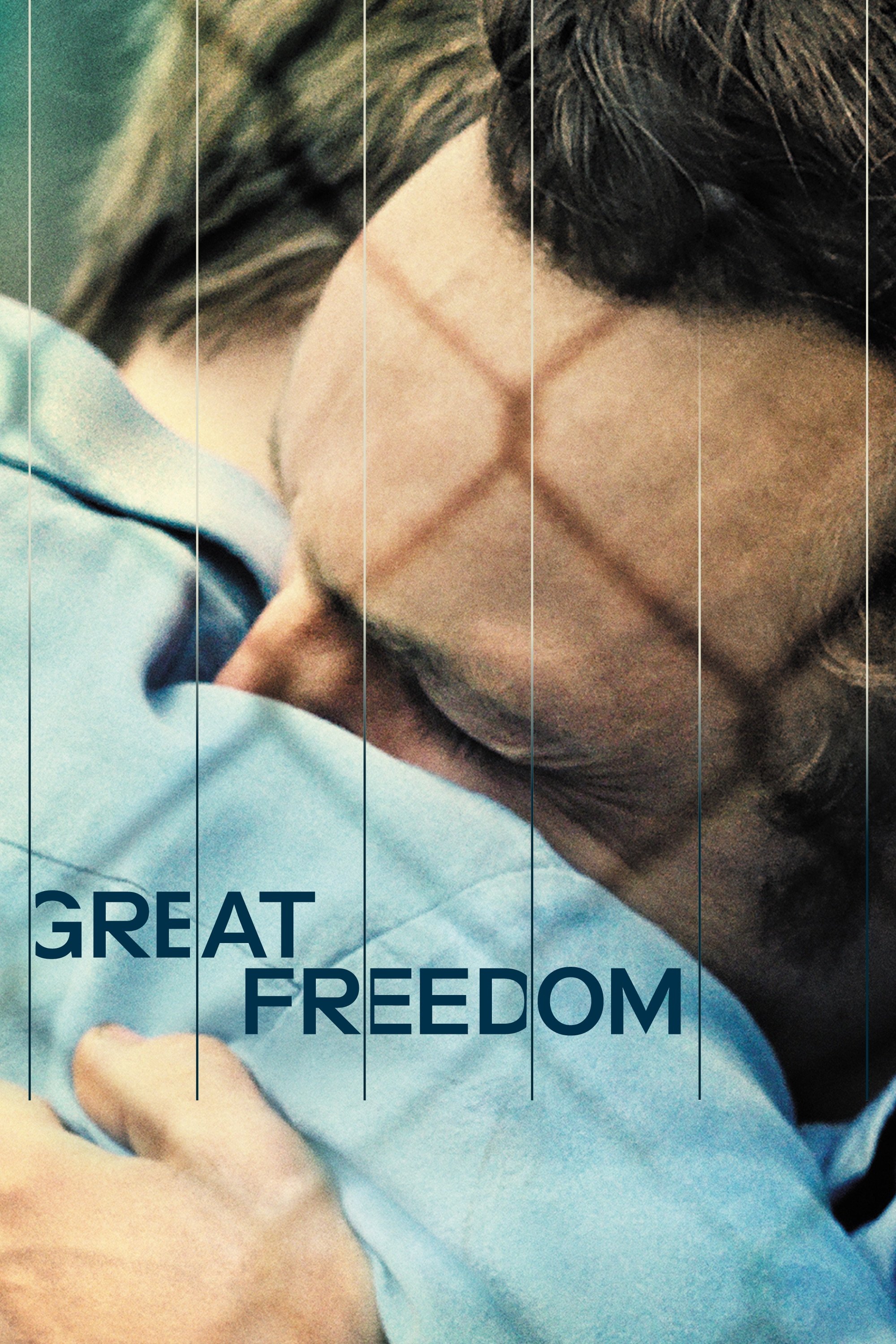
In post-war Germany, liberation by the Allies does not mean freedom for everyone. Hans Hoffmann is repeatedly imprisoned under Paragraph 175, which criminalizes homosexuality. Nevertheless, over the decades, he continues his quest for freedom and love, even if he finds it in the most unusual places.
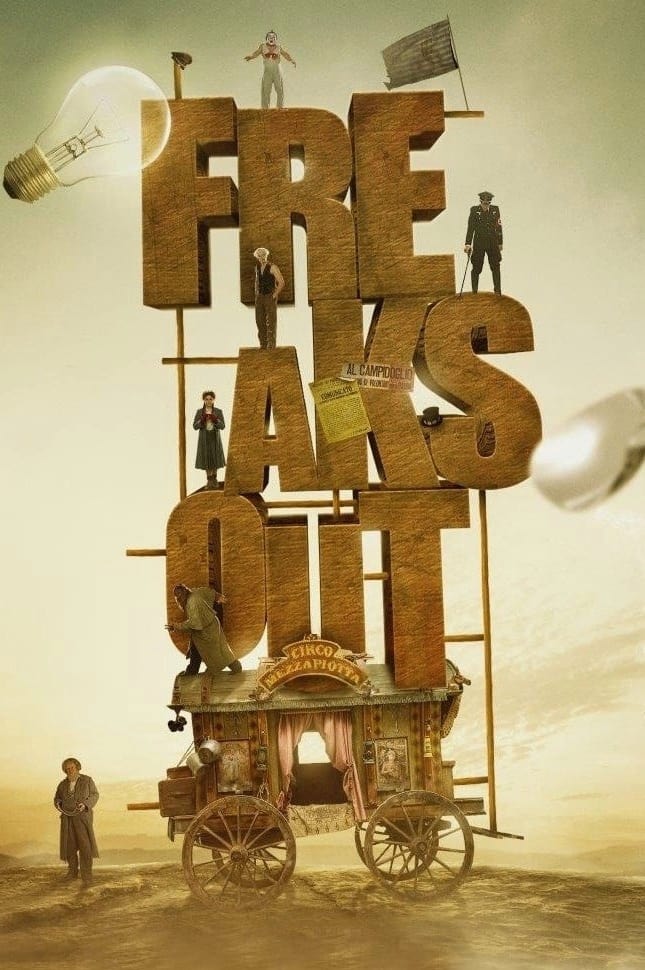
Four super-powered circus freaks find themselves trapped in war-torn Rome after their foster father is captured by the Nazis.
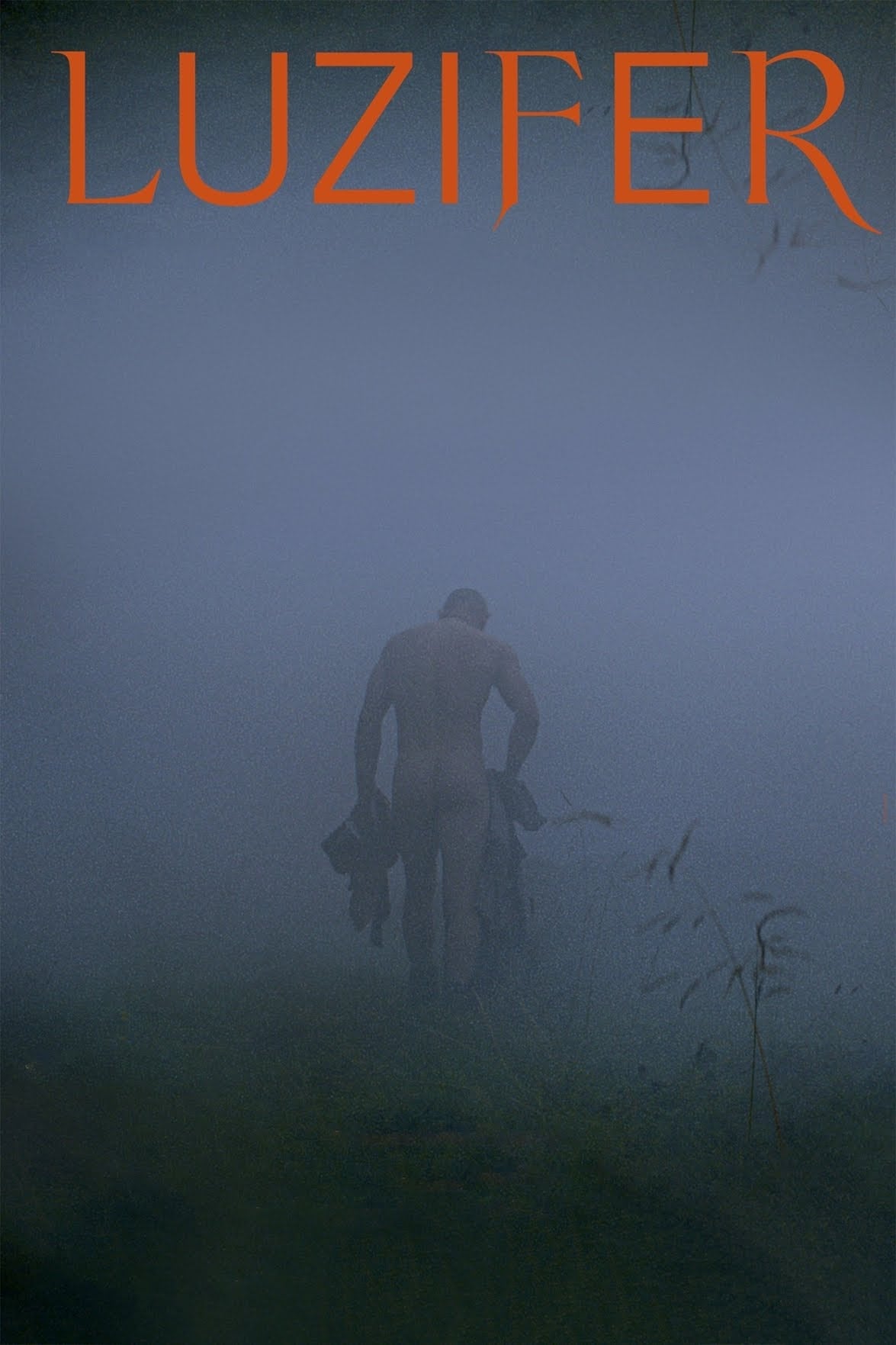
Johannes, an innocent, Kaspar Hauser-like man with the heart of a child, lives secluded in an alpine hut together with his eagle and his devout mother. Daily life in this isolated world is governed by prayer and ritual. But suddenly, modern objects and disruptive noises intrude between nature and worship. A tourist development threatens to poison their paradise and awaken the devil.
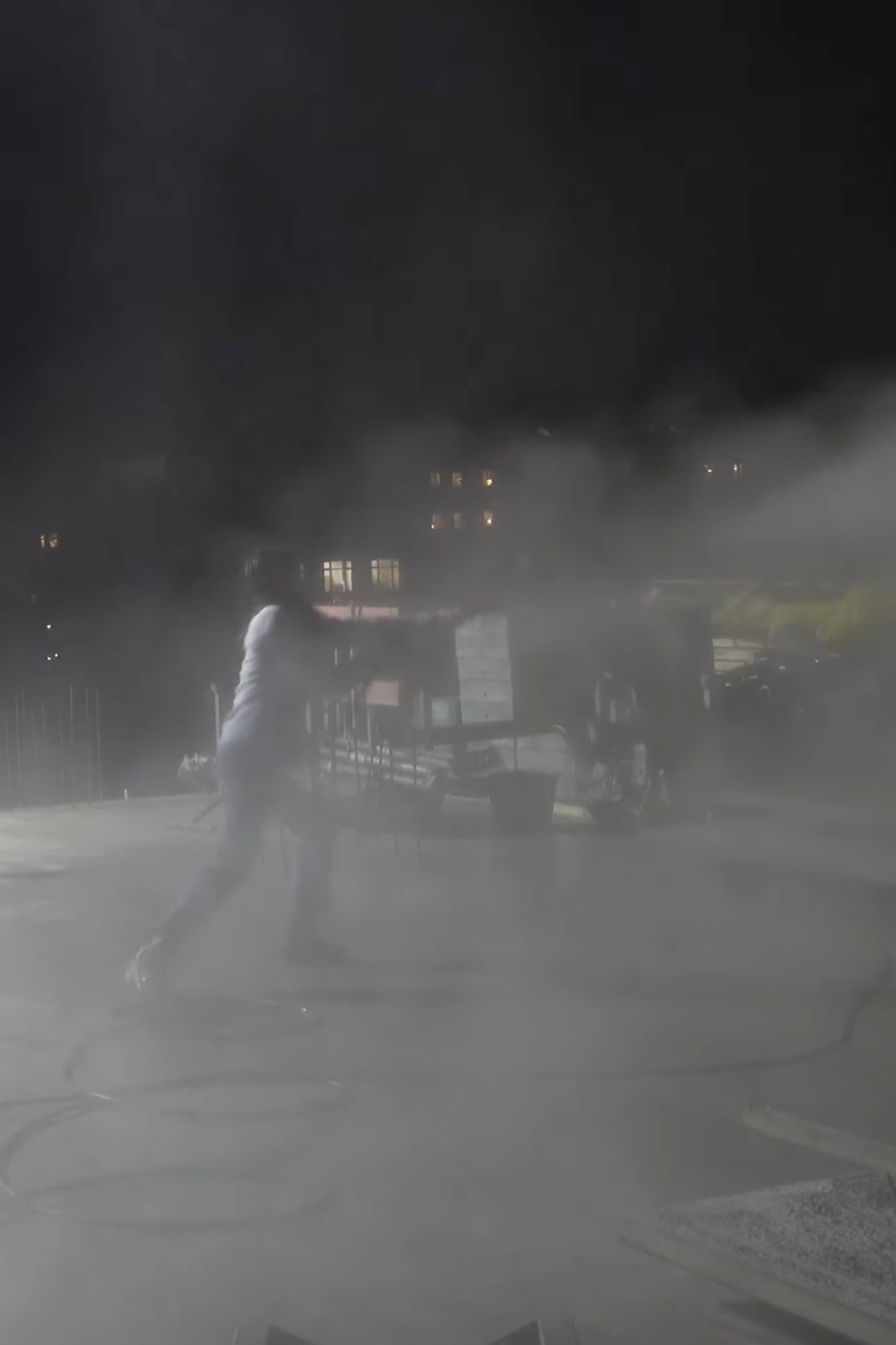
The film opens on a set of lights, arranged on a table, that throw colored shapes across the wall of a darkened room. This is followed by a range of subjects, mostly shot with an unmoving camera: hermit crabs on a beach, strips of paper arranged on the bed of a scanning photocopier, bare feet moving among metal rods on roughly poured concrete, the city of Los Angeles at different times of day, someone playfully maneuvering a power washer, a disco ball casting confettilike reflections, bodies touching, a worker at a construction site, and light on the surface of water, abstracted by darkness. [Overview Courtesy of MoMA]
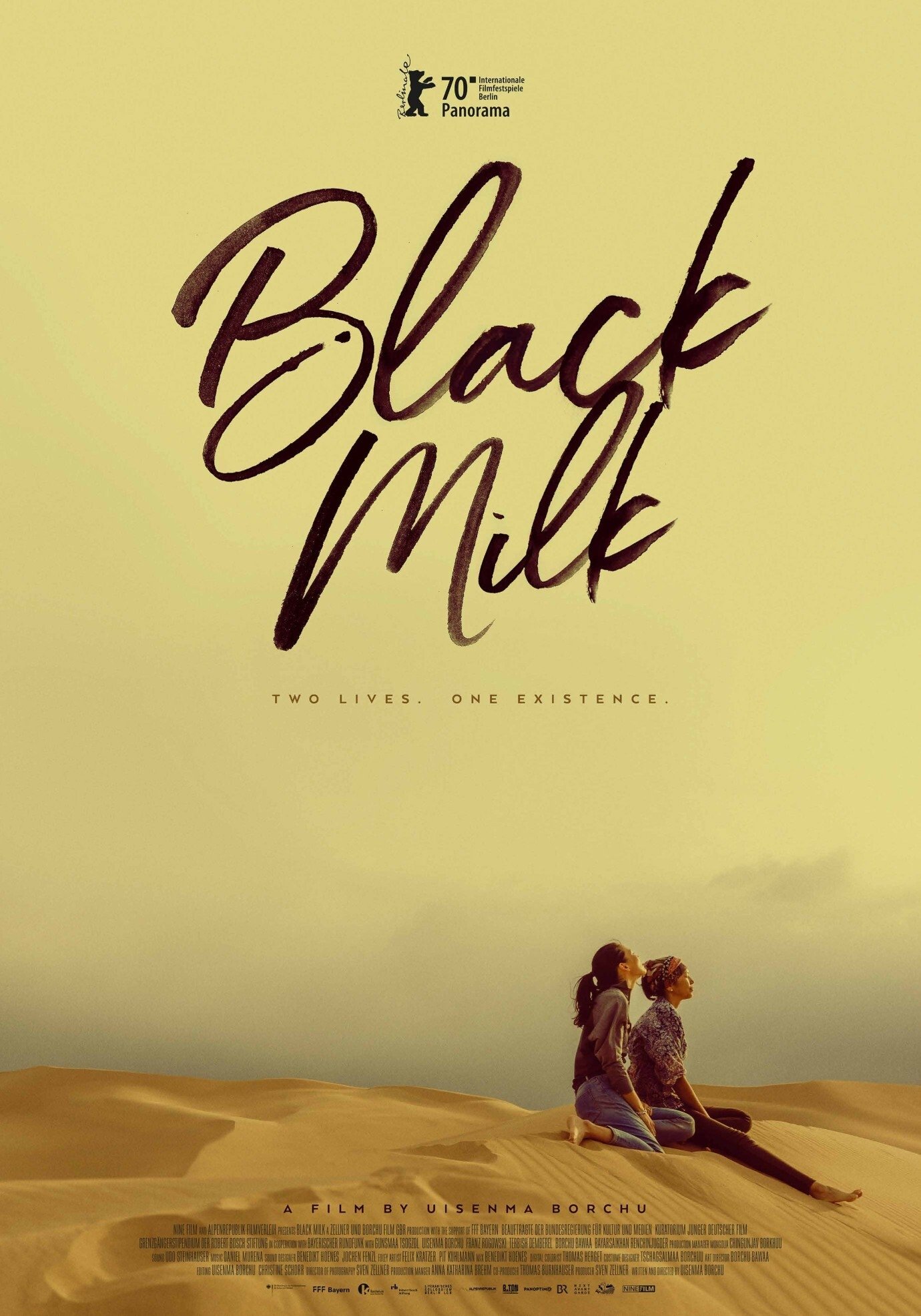
A young woman is searching for her roots and discovers an idiosyncratic, radical sensuality that not only transgresses Mongolian conventions but also those of the supposedly more liberal West.
Franz Rogowski (born 2 February 1986) is a German actor and dancer. He has appeared in films directed by Michael Haneke, Christian Petzold, Terrence Malick and Andrea Arnold.
By browsing this website, you accept our cookies policy.